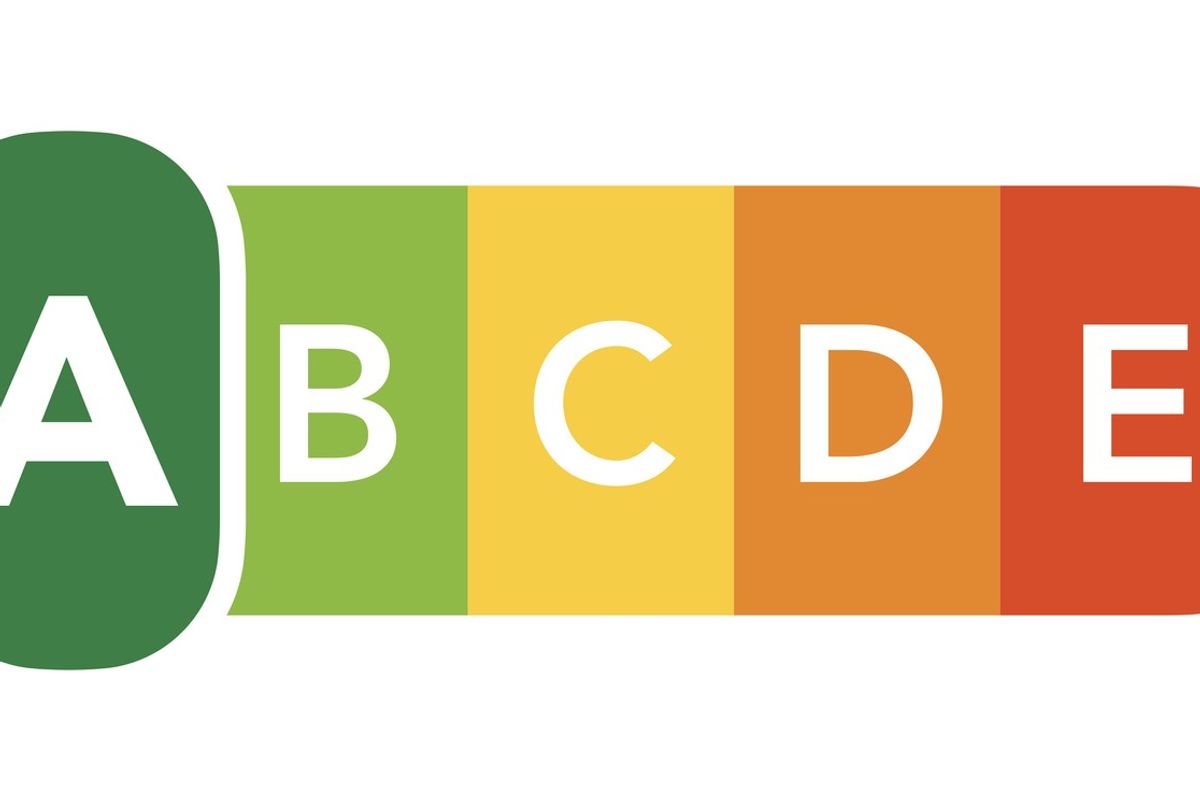Vape tech company Smoore has announced the creation of an expert harm reduction panel to look at creating a new industry standard which will allow adult smokers and vapers to make informed decisions about their choice of vapes based on their harm reduction profile.
The panel comprises experts in science, smoking cessation and compliance. They include Dr Ian Fearon, founder of whatIF Consulting, a scientific advisory firm on nicotine products; Dr Autumn Bernal, founder and Principal of ToxCreative, a specialist toxicology consultancy; Lee Bryan, founder of Arcus Compliance which works with many of the leading vape brands; and Sairah Salim-Sartoni, who has a 20-year track record in smoking cessation and tobacco harm reduction.
Leading the panel is Dr. Chenxing Pei, a senior aerosol engineer at Smoore Centre for Analysis, Testing, and Safety Assessment, who is a leading expert in aerosol science.
Smoore said the harm reduction rating system will potentially look to mirror colour coded labels such as those seen on food products which provide consumers with information on the amount of fat, saturates, sugars and salt contained in the item.
“Currently, smokers and vapers have very little to go on when it comes to knowing what’s in their vapes and what they’re inhaling. We want to change that by creating a standard that brings transparency to vaping,” said Dr Pei.
“Therefore, the panel we have put together will explore how we can lay the foundations for a harm profile rating standard that can eventually be adopted industry-wide across the world. By doing so we want to encourage more smokers to believe in vaping and make them realise it really can transform their lives for the better.”
Dr Ian Fearon, who was previously senior director, clinical and regulatory affairs EMEA, at Juul Labs and principal scientist and head of clinical research at BAT, added: “The concept of tobacco harm reduction is not widely understood by smokers, and there are widespread misperceptions regarding the relative safety of vaping products compared with cigarette smoking among the general public. The development of a harm reduction label may help smokers to understand the reduced risk potential of vaping and encourage switching, in addition to reassuring vapers regarding the quality of the products they use and allowing them to differentiate between different products.”
Autumn Bernal commented: “The development of a harm reduction label or standard is paramount for the vaping products industry, as it not only promotes transparency and accountability, but also empowers consumers to make informed decisions. By integrating human-centred toxicology into its foundation, we ensure an approach that accounts for potential risks and benefits, while encouraging continuous improvement and innovation in the pursuit of tobacco harm reduction.”
Lee Bryan of Arcus Compliance added: “As someone who specialises in the field of compliance I see first-hand some of the products that do not meet the required standards. It’s therefore more critical than ever that consumers have confidence in what they are buying and that’s what a harm reduction standard can do by building in an extra layer of quality assurance. It should also encourage harm reduction-led product innovation by the major vape manufacturers and help sort out the good products from the not so good.”
Sairah Salim-Sartoni remarked: “Whether a consumer is finding their smoke free exit or trying to maintain it they have the right to make an informed health decision. Currently, a consumer knows what nicotine strength they are vaping because it is labelled, they also know the flavour and the number of puffs because it is labelled… what they don’t know is the level to which their product reduces harm compared to smoking and that I would argue is one of the most important things to know before you decide which product to use.”


